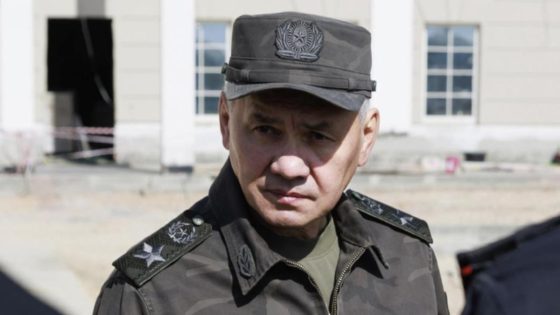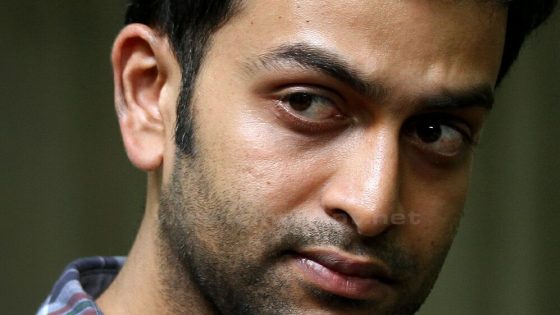By Burcu Karakas
ISTANBUL (Reuters) – Tens of thousands of Russians who fled to Turkey after Moscow’s invasion of Ukraine have moved on to other countries in the last year, squeezed by residency issues and soaring costs, according to data and interviews, including with nine Russian citizens.
When the war began in February 2022, Turkey, Russia’s Black Sea neighbour and a NATO member, emerged as a magnet for Russians, especially its largest city Istanbul and the Mediterranean resort of Antalya.
Some of them had opposed the invasion, others were trying to shield themselves and their businesses from a wave of Western sanctions imposed on Moscow, including travel bans on Russians to much of Europe. Some men feared being drafted into the army.
But this month, the number of Russians with Turkish resident permits fell to 96,000, down by more than a third from 154,000 at the end of 2022, official data shows.
Nine Russian citizens who spoke to Reuters said they and others had left partly due to struggles to get residence permits since early 2023. Many have headed to Serbia and Montenegro, among the few European countries where they are welcome.
Russians are also moving on because of soaring costs – Turkish inflation hit 70% last month – as well as difficulty doing basic banking in Turkey as a result of the sanctions.
“You can’t predict your future in Turkey,” said Dmitri, 46, an IT sector employee who declined to give his surname.
After President Vladimir Putin announced a mobilisation in September of 2022 to recruit Russian men to fight in Ukraine, Dmitri left St. Petersburg and reunited with his wife and four-year-old son in Istanbul.
But in January 2023, a text message appeared on his phone saying his residency application was rejected without explanation, he said. Dmitri left Istanbul a month later.
“I had signed a rental contract for one year but had to leave everything behind. We moved to Montenegro because it is economically and politically more stable than Turkey,” he said.
Turkey’s Presidency of Migration Management said all rejected resident-permit applications include a justification in the foreigners’ own language under relevant laws, and that applicants are free to pursue legal remedies.
In an email, it said departures of Russians were not only linked to residency permits.
“Several political, economic and sociocultural factors play a role,” the government agency said.
TURNING TIDE
While the Kremlin has released no data on the wartime exodus, the Danish Refugee Council’s Mixed Migration Centre says some 800,000 Russian citizens relocated abroad since the invasion of Ukraine.
Turkey, which has cordial ties with both Moscow and Kyiv, maintained visa-free travel for Russians after the invasion and did not join the Western sanctions against Russia.
Turkey’s foreign minister at the time, Mevlut Cavusoglu, said Russian oligarchs – and their yachts – were welcome but must abide by international law to do business.
The buzz of Russian conversation increased in parts of Istanbul and Antalya as the newcomers set up or relocated businesses. But that activity has steadily cooled. Trade Registry Gazette data shows the number of companies established with Russian capital fell to 68 in 2023 from 140 in 2022.
Biriz Karacay, professor of political science at Istanbul Commerce University, says Russian migrants are moving to Serbia, Montenegro and even Latin American countries such as Argentina and Brazil.
“Economically, socially, culturally, they feel close to Turkey, but Turkey doesn’t want to have too many foreigners now. Economic challenges also made them suffer in Turkey,” she said.
Kirill Alekseev, 35, a Russian politician who worked at the campaign headquarters of the late opposition leader Alexei Navalny, said he came to Turkey in March 2022 after a criminal investigation was launched against him.
But when a consulting firm told him that obtaining a residence permit would cost $2,000, he decided not to reapply. “It was too expensive to stay in Turkey,” he said.
Instead, Alekseev applied for a German “humanitarian residence permit” and has lived in Nuremberg for a year.
Some wealthier Russians have acquired Turkish citizenship with home purchases of at least $400,000 under a state programme, surpassing Iranians and Iraqis as the biggest foreign buyers over the last two years.
But bureaucratic troubles have proven too onerous for many, said Eva Rapoport, 40. She worked for the ‘Ark Project’, which helped Russians arriving in Istanbul with free accommodation and legal support, but has also now joined the exodus from Turkey.
“There is no way of knowing if the permit will be extended, or something will change to make the system more hostile to foreigners,” Rapoport said.
Another factor, Rapoport added, is pressure in Turkey on human rights such as freedom of assembly.
“After Navalny was killed, even in Russia people gathered to honour his memory,” she said. “We couldn’t approach the consulate in Istanbul. We traded one authoritarian regime for another.”
(Reporting by Burcu Karakas; Editing by Jonathan Spicer and Gareth Jones)
Source Agencies



